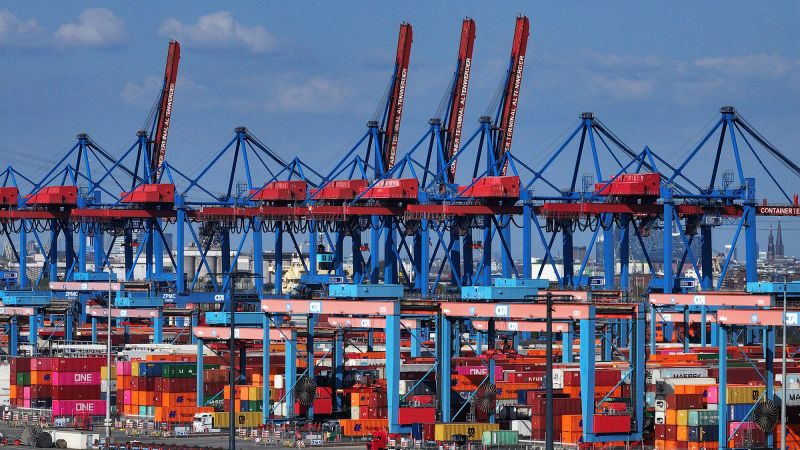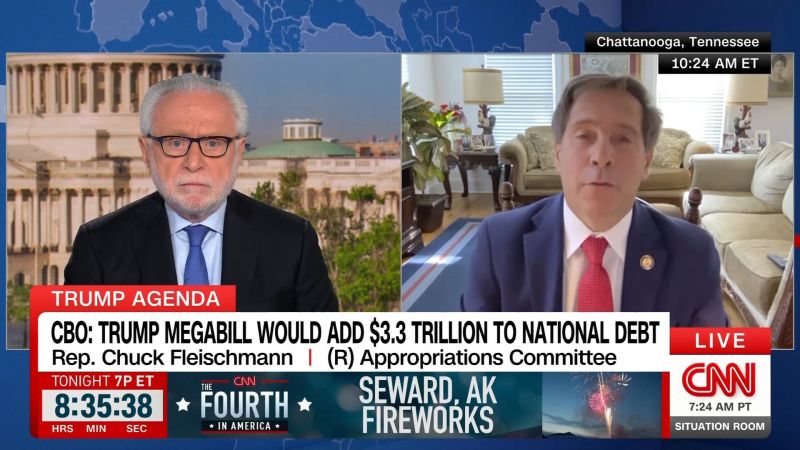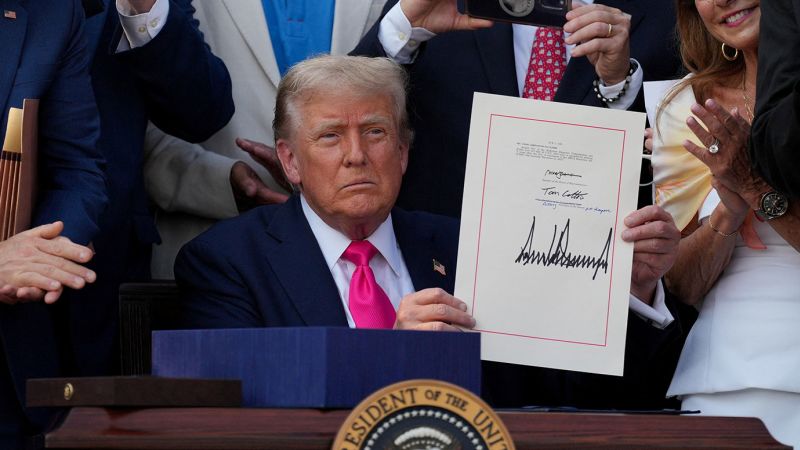EU Warns of Trade Collapse If US Imposes 30% Tariff on Goods

The European Union has issued a stark warning that a proposed 30% tariff on imports from the bloc by the United States could devastate transatlantic trade. Maroš Šefčovič, the EU’s trade commissioner, stated that such a tariff, effective from August 1, 2023, would effectively ban trade between the two economies. He made these remarks as he arrived for an EU ministerial meeting in Brussels on Monday.
Šefčovič emphasized the potential consequences, saying, “A tariff of 30%, or anything above 30%, has more or less the same effect. So, practically it prohibits the trade.” He expressed concern that maintaining current trade levels would be “almost impossible” following the implementation of such a tariff. He warned of “huge negative effects on both sides of the Atlantic,” and pledged to do everything in his power to prevent this scenario.
The EU-US trade relationship is significant, with bilateral trade in goods and services valued at €1.68 trillion (approximately $1.96 trillion) in the previous year. Together, the EU and US account for nearly 30% of global goods and services trade, according to the European Council.
US President Donald Trump has criticized the EU for perceived unfair trading practices. In April, he stated that the EU was “formed to screw” America, citing tariffs on US goods and digital service taxes as examples. Since his re-election in January, Trump has raised tariffs on multiple countries, aiming to reduce the US trade deficit and bring jobs back to America.
In response to Trump’s threats to increase tariffs, EU trade officials have been engaged in negotiations with their US counterparts to mitigate potential damages. After Trump suggested raising the tariff on EU goods from 20% to 50%, the EU intensified its discussions. Šefčovič noted that there was optimism for a negotiated solution before the latest threats emerged, highlighting the EU’s commitment to “enormous” patience and creativity in their approach.
To further demonstrate a willingness to negotiate, the EU announced it would delay the implementation of planned countermeasures on €21 billion (approximately $25 billion) worth of US exports. This decision is intended to provide more time for reaching an agreement before imposing retaliatory measures. These countermeasures were initially in response to a 25% tariff imposed by the US on all steel and aluminium imports.
Lars Løkke Rasmussen, Denmark’s foreign minister, commented on the situation, stating that while the bloc aims for a fair deal, it must also prepare for retaliation. “If you want peace, you have to prepare for war,” he said, indicating that while countermeasures should not be enacted at this stage, the EU must be ready to utilize all available tools.
Following Trump’s tariff announcement, European stocks experienced a decline, with the Stoxx Europe 600 index dropping by 0.27% on the first trading day since the news broke. The market’s reaction reflects concerns over the potential impacts of escalating trade tensions between the EU and the US.
As the situation develops, both sides remain under pressure to find a resolution that could avert a trade crisis with significant consequences for the global economy.






